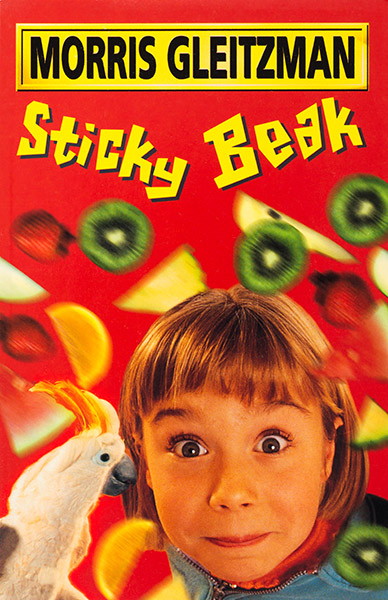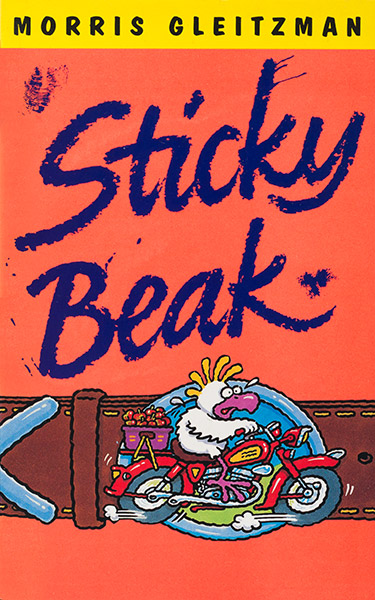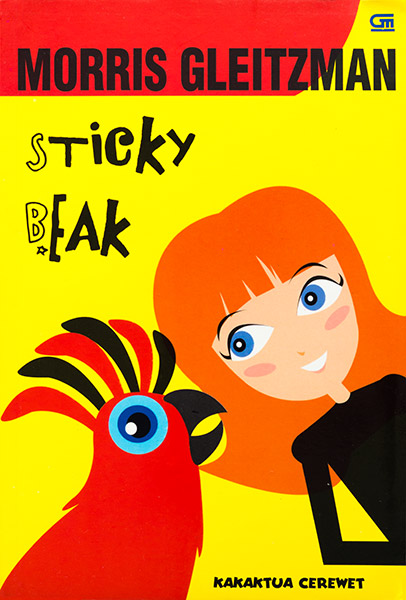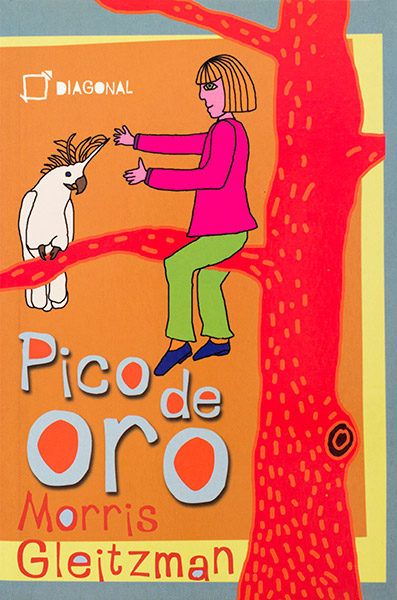I reckon there’s something wrong with me. Normal people don’t spoil a wonderful evening and upset half the town and ruin a Jelly Custard Surprise.
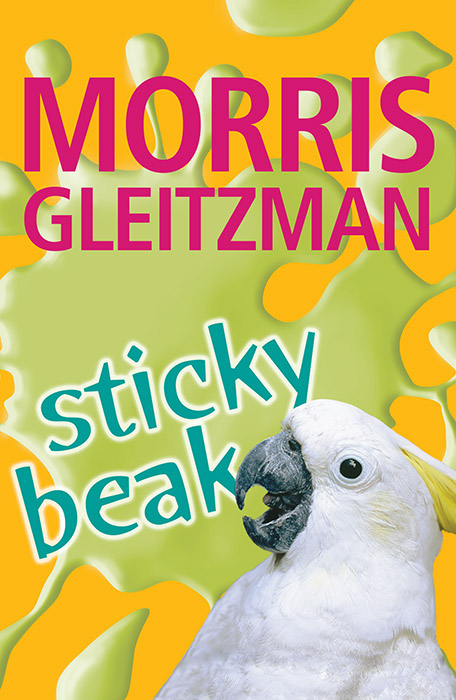 As I got to know Rowena, the main character in Blabber Mouth, I started to suspect that for somebody who can’t speak, expressing anger might be a particular problem. For most of us, talking about the thing that has made us angry is the best way to let anger out and keep the plates and dishes safely in the kitchen cupboard. But if you can’t talk about it, at least in the normal way, what do you do?
As I got to know Rowena, the main character in Blabber Mouth, I started to suspect that for somebody who can’t speak, expressing anger might be a particular problem. For most of us, talking about the thing that has made us angry is the best way to let anger out and keep the plates and dishes safely in the kitchen cupboard. But if you can’t talk about it, at least in the normal way, what do you do?
I’d discovered by the end of Blabber Mouth what a good communicator Rowena is. She gets her message across in all sorts of creative ways: whistling, signing, drawing, using notes and objects, including a frog, even at one point hiring a skywriter.
But talking about anger is best as a conversation rather than a one-way communication. If Rowena had extra things to be angry about, would she find a way to have that conversation or just shut the anger inside?
I found some big things for her to be angry about in Sticky Beak. But it didn’t feel fair to leave her to deal with them on her own, so I brought a new friend into her life, a friend who is superb at expressing anger.
Ro calls him Sticky Beak, which isn’t as cheeky as it sounds because he’s a cockatoo. I really enjoyed writing their friendship. And I was fascinated as the chapters unfolded to discover that, as in Blabber Mouth, Rowena’s biggest problems have very little to do with her physical disability and everything to do with the complicated everyday business of being human.
 Sticky Beak is available in bookshops and libraries in Australia and New Zealand and elsewhere, and online:
Sticky Beak is available in bookshops and libraries in Australia and New Zealand and elsewhere, and online:

